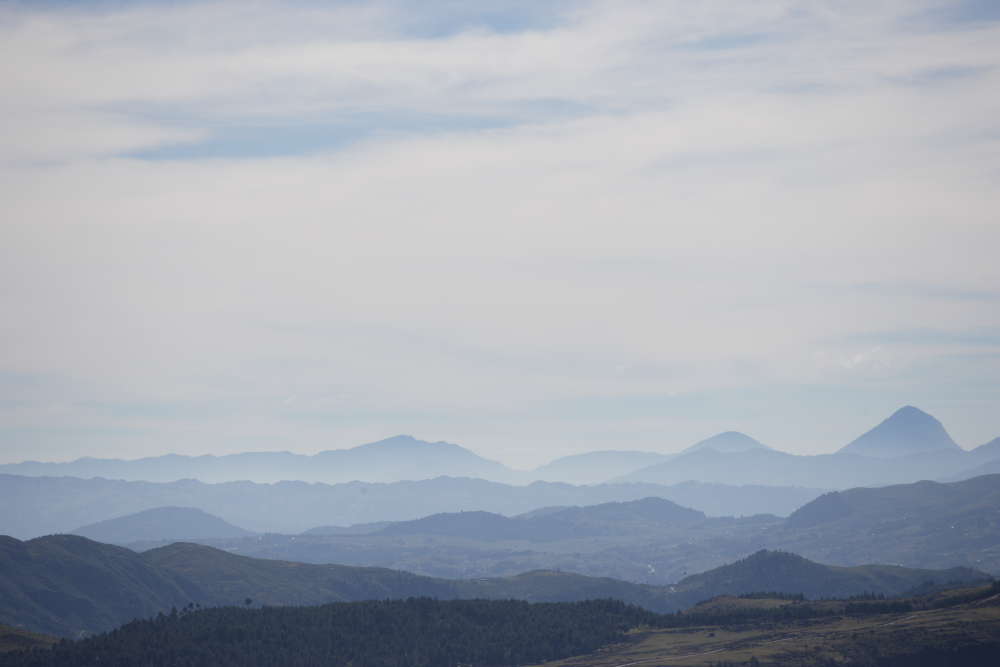

At the community level in Guatemala, WANI facilitated the development of collaborations with the Community Development Committees and coordinated with Municipal and National Development Councils to enable integration of microwatershed planning and management with community-led action on development. Implementation has demonstrated that projects formulated by the communities rather than external institutions respond to the real demands of communities.
At the department level in San Marcos, in Guatemala, an alliance was created with 16 government and NGOs, to form the Inter-Institutional Coordination for Natural Resources and the Environment of San Marcos. CORNASAM has adopted the microwatershed as the unit of planning and, together, these groups have coordinated outreach and training in the micro-watershed approach.
As a result of the success of the Microwatershed model at the local level, the National Microwatershed Commission of Guatemala was established, comprising several government ministries and NGOs/ IGOs (Action Against Hunger, FAO and IUCN) to lead application of governance reform through microwatershed management country-wide. This National Commission will facilitate the preparation of national public water policies.
In Mexico the new water law of 2003 outlined and supported the implementation of water councils.
At the transboundary level the signing of the “Tapachula Declaration of Intent” by Mexican and Guatemalan mayors supported cooperation on joint actions on watershed management and to provide a platform for information sharing by governmental agencies at the very local level.
Strengthening community-based alliances and integrating them with municipal and national development institutions increases coordination between administrative levels. This promotes integrated and coordinated water resource planning across the watershed and shared experiences with other community groups and networks.